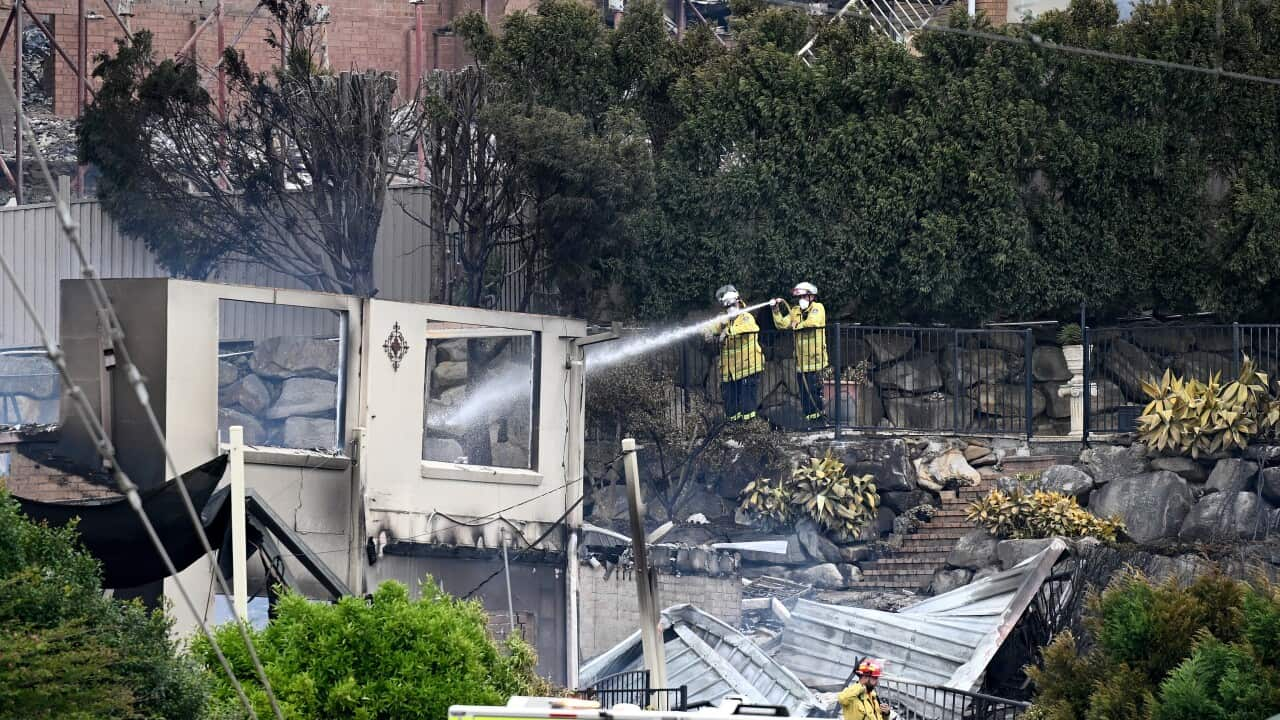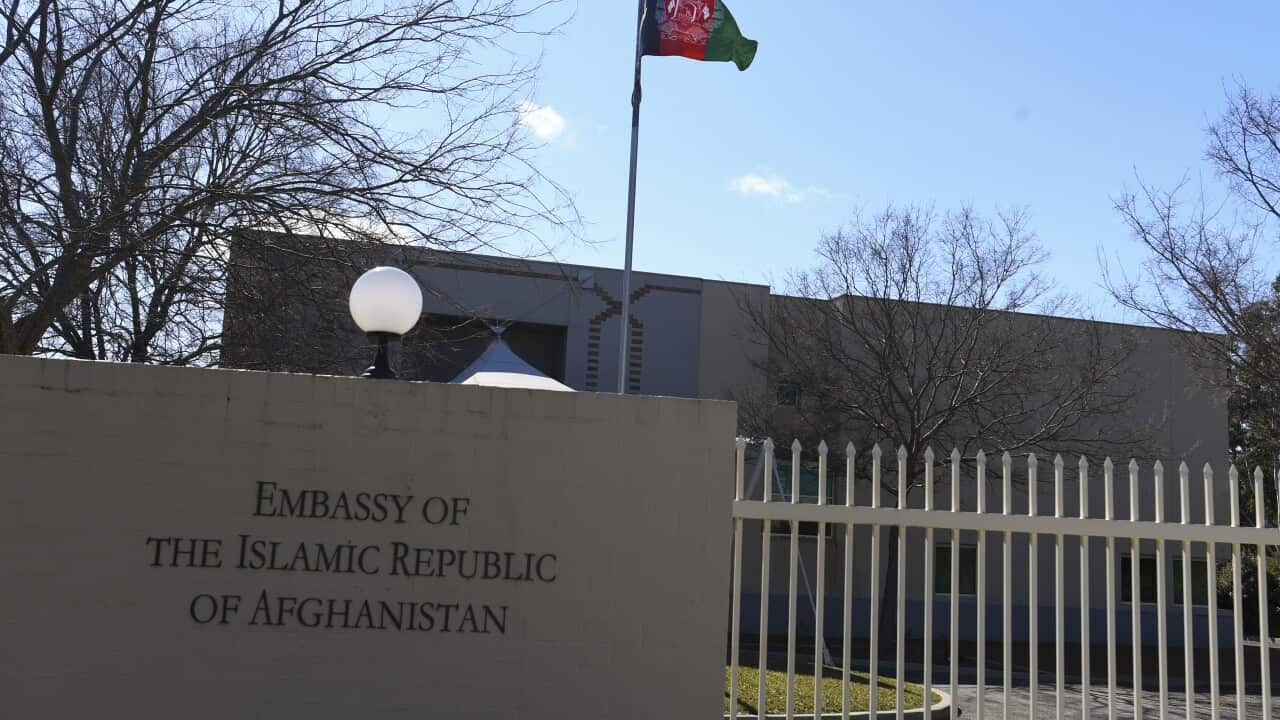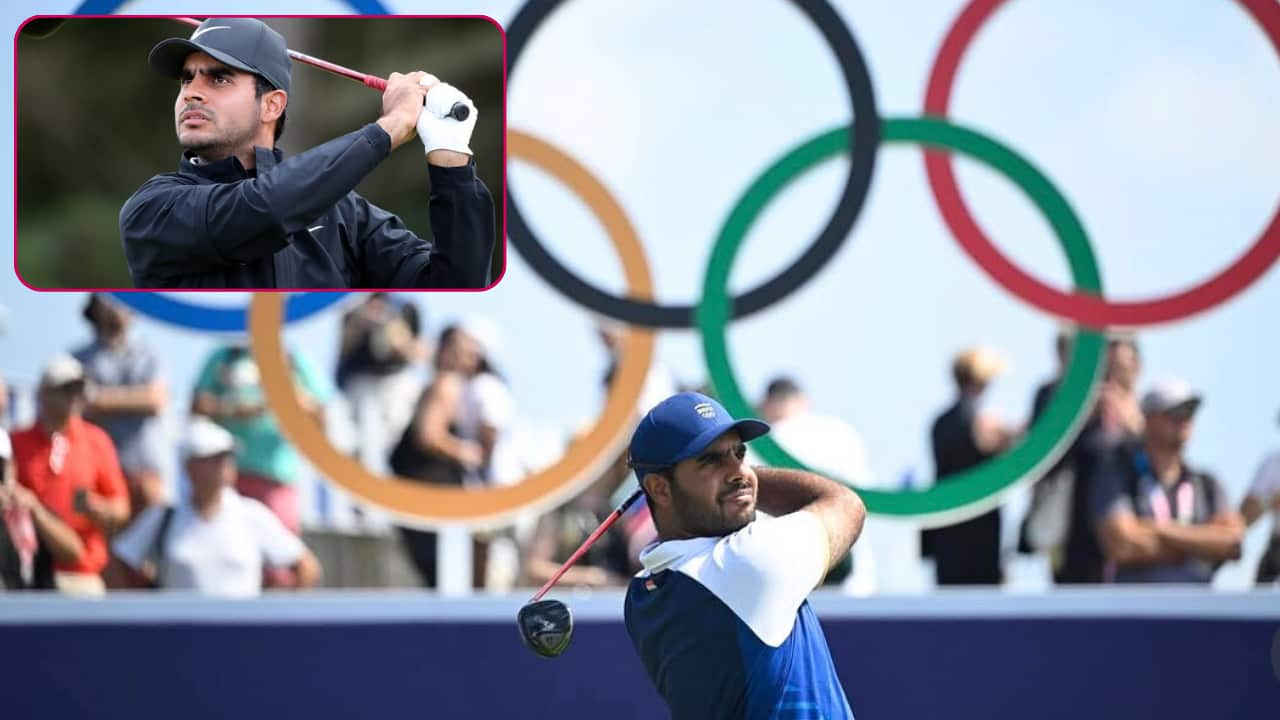Anahita moved to Australia from India’s Gujarat state in 2014.
A qualified physiotherapist by profession, she started pursuing Masters of Public Health.
She says to earn some money, “I started working as an IELTS instructor for a meagre sum of $7/hour.”
Being an overseas health professional, for Anahita, the first hurdle was the entire registration process in Australia.
“It is not only lengthy and time consuming but we are also subjected to discrimination during clinical exams with the failure rate being way...higher than pass rate,” adds Anahita.
"The whole registration process is frustrating for a overseas qualified health professionals.”
Ana has a Bachelor of Physiotherapy from India.
“I received an award for academic excellence for passing with distinction,” she adds.
From 2009-2013, she established her private practice in India.
Ana says “it was going good but opportunities in this field are very limited in India.”
So in 2015, after completing her Masters in Health Science, she started appearing for her registration’s written examination.
Anahita is presently working with a public hospital under limited registration and independently handling physio patients in regional Victorian hospitals.
“But the whole registration process is frustrating for an overseas qualified health professional,” she adds.
From eligibility assessment to clinical assessment it can take anywhere between 2-3 years.
The Australian Physiotherapy Council ltd (APC) is the accrediting authority for entry-level physiotherapy programs in Australia.
APC’s CEO Mr Anton Barnett-Harris says that as an independent national body its job is in the national policy guidance and assurance of standards for health professional practice in Australia.
Mr Barnett-Harris says that APC’s assessment for general registration involves three steps: Eligibility Assessment, Written Assessment and Clinical Assessment.
1. Eligibility Assessment - This determines whether a candidate has the basic physiotherapy qualifications suitable for further assessment.
2. Written Assessment - A candidate issued with Interim Certificate is eligible to apply for the Written Assessment. There are currently four sessions available per year.
3. Clinical Assessment – This is the third and final part of the assessment process. In order to pass the Clinical Assessment, a candidate must demonstrate that he or she is currently suitable to practice physiotherapy independently in Australia by undertaking a safe and effective consultation with three real patients - one in each key area of practice: Musculoskeletal physiotherapy, Neurological physiotherapy and Cardiorespiratory physiotherapy.
If a person fails the Clinical Assessment, the APC allows a candidate to apply for an internal review of the decision.
Anahita alleges that although APC mentions that for General Registration "an overseas qualified health professional just needs an entry-level physiotherapy PhysioBA's educational requirement but the evaluators expect an expert level from us."
Mr Barnett-Harris says the allegation is “not true."
He adds that “every candidate is assessed against the Australian threshold standards.”
According to Mr Barnett-Harris the problem arises when people coming from different countries see their knowledge of physio as expert level but in fact that is just an entry level in Australia.
“It’s the same level of standards for students who study here or any foreign students or foreign physiotherapists coming in to Australia,” he adds.
Anahita points out that that many overseas qualified health professionals have vented their frustrations on a closed Facebook group.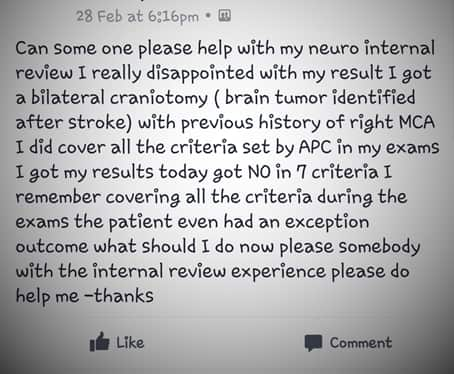 Members who have gone through the same phase and frustration often share tips to help other candidates.
Members who have gone through the same phase and frustration often share tips to help other candidates.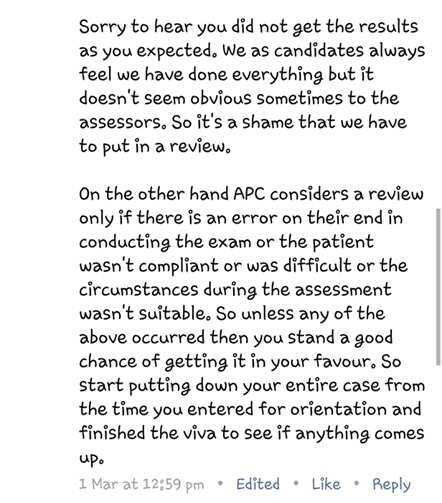 Anahita says that "I know of qualified health professionals who out of sheer frustration either started driving taxis or changed field."
Anahita says that "I know of qualified health professionals who out of sheer frustration either started driving taxis or changed field."


Mr Barnett-Harris says that APC has a very important role to play.
“It is our duty of care to make sure that the Australian community has a one hundred per cent confidence in the physiotherapists that come-in from overseas,” he adds.
Mr Barnett-Harris further adds that keeping in mind the recent cases of fake doctors it is pertinent to be careful in the area of health.
“It damages the communities view of health professionals particularly foreign health professionals who are coming to Australia,” he says.
Mr Barnett-Harris says that APC understands the frustrations faced by overseas qualified health professionals and has already started streamlining the process.
“The problem right now in clinical assessment is the shortage of both assessors and exam venues (public hospitals),” adds Mr Barnett-Harris.
To know more about the problems faced by overseas qualified health professionals, listen to the full conversation with Anahita by Amit Sarwal of SBS Hindi.
Listen to the full interview with Anahita in Hindi below:
And, to know more about the steps being taken by the APC to minimise the frustration of overseas qualified health professionals, listen to the full conversation with APC’s CEO Mr Anton Barnett-Harris by Amit Sarwal of SBS Hindi.
Listen to the full interview with Anton Barnett-Harris in English below:

